Understanding Butcher Block Countertops Prices
Butcher block countertops have surged in popularity in recent years due to their timeless appeal, durability, and natural aesthetic. However, before embarking on a kitchen renovation project involving butcher block countertops, it’s essential to understand the pricing factors associated with these versatile surfaces.

Factors Influencing Butcher Block Countertops Prices
Several factors contribute to the overall cost of butcher block countertops. Understanding these factors can help homeowners make informed decisions and budget accordingly.
Wood Species: The type of wood used for the butcher block significantly impacts its price. Common wood species for butcher block countertops include maple, oak, cherry, walnut, and teak. Each wood species has its unique characteristics, such as grain patterns, color variations, and hardness levels, which can affect pricing. Exotic or rare wood species tend to be more expensive than domestic options.
Thickness and Size: The thickness and size of the butcher block countertop also play a crucial role in determining the price. Thicker countertops require more wood material and labor for manufacturing, resulting in higher costs. Additionally, larger countertops command higher prices due to the increased material and labor expenses associated with production and installation.
Finish and Treatment: The finish and treatment applied to the butcher block countertop influence its price and long-term durability. Some manufacturers offer pre-treated or pre-finished butcher block countertops, which may come at a higher cost but provide added protection against moisture, stains, and bacterial growth. Custom finishes or treatments may also incur additional expenses.
Supplier and Installation Costs: The supplier or manufacturer chosen for purchasing butcher block countertops can impact the overall price. Different suppliers may offer varying quality levels, pricing structures, and installation services. Additionally, hiring professionals for installation incurs labor costs, which should be factored into the budget.
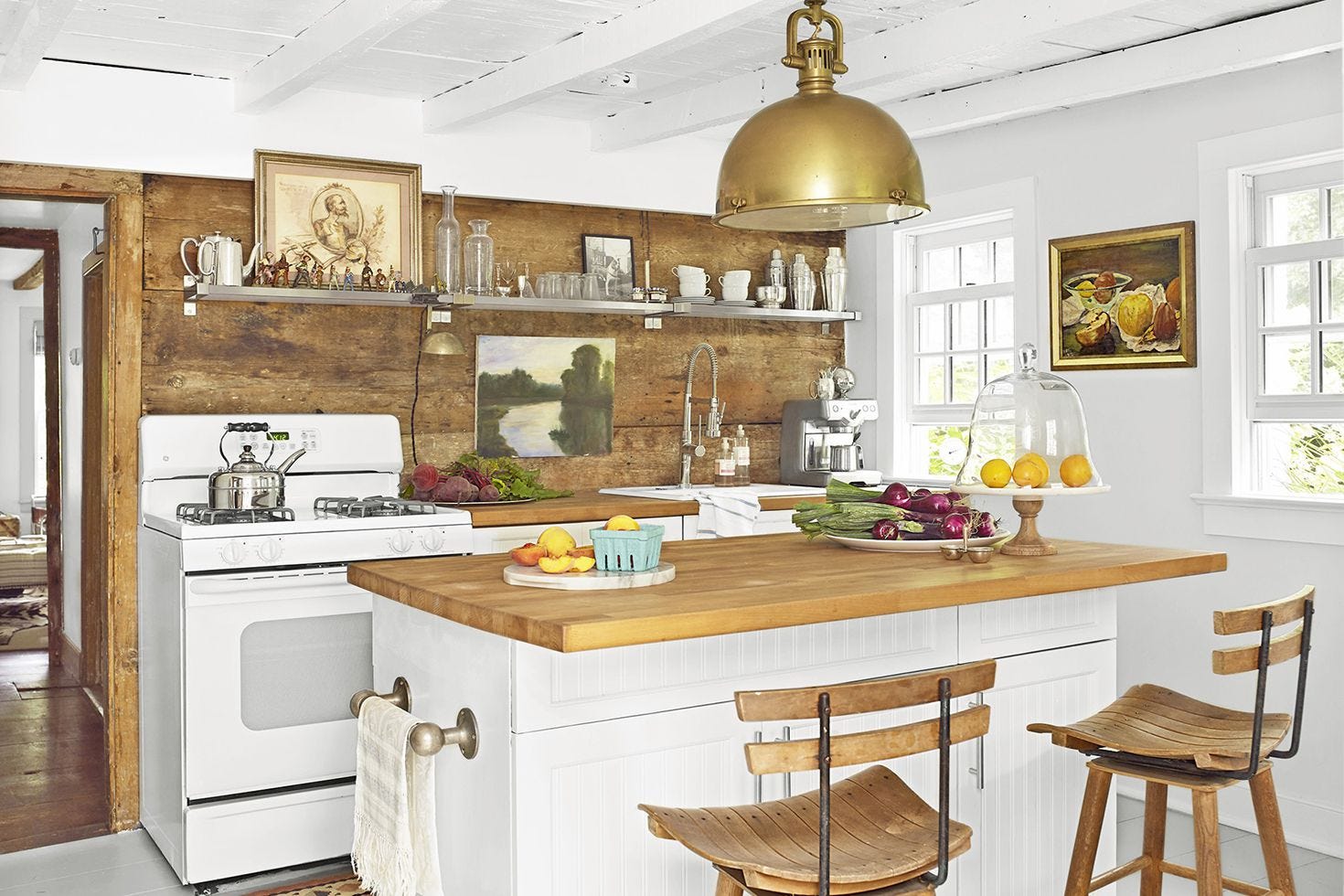
Popular Wood Species and Their Price Ranges
Maple: Maple butcher block countertops are a popular choice for their durability, light color, and uniform grain pattern. Prices for maple butcher block typically range from $30 to $100 per square foot, depending on the thickness, finish, and supplier.
Oak: Oak butcher block countertops are known for their strength, durability, and distinctive grain pattern. Prices for oak butcher block range from $40 to $120 per square foot, varying based on thickness, finish, and supplier.
Cherry: Cherry butcher block countertops offer rich, reddish-brown tones and a smooth grain pattern. Prices for cherry butcher block typically range from $50 to $150 per square foot, depending on thickness, finish, and supplier.
Walnut: Walnut butcher block countertops are prized for their deep, chocolate-brown color and elegant grain patterns. Prices for walnut butcher block range from $60 to $200 per square foot, varying based on thickness, finish, and supplier.
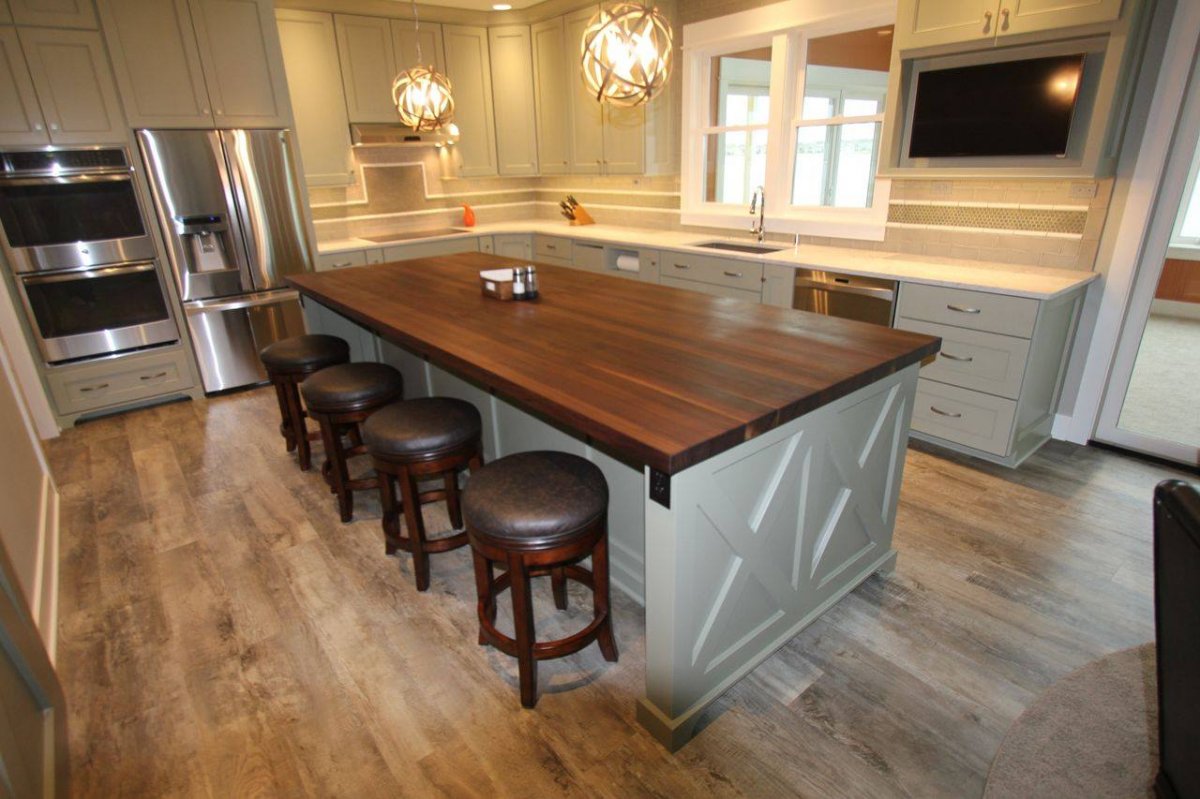
Budgeting and Cost-saving Tips
While butcher block countertops can add warmth and character to a kitchen, they can also be a significant investment. Here are some tips for budgeting and saving costs when considering butcher block countertops:
Choose a Cost-effective Wood Species: Opt for more affordable wood species like maple or oak if you’re on a tight budget. These options offer durability and aesthetic appeal at a lower price point compared to exotic or rare wood species.
Consider Standard Thicknesses: Standard thicknesses for butcher block countertops typically range from 1.5 to 2 inches. Choosing a standard thickness can help reduce material costs compared to thicker custom options.
DIY Installation: If you’re handy with tools and have experience with woodworking, consider installing the butcher block countertops yourself to save on labor expenses. However, ensure proper measurements, cuts, and sealing to achieve professional results.
Shop Around and Compare Prices: Take the time to research and compare prices from multiple suppliers and manufacturers. Look for promotions, discounts, or clearance sales to find competitive pricing without sacrificing quality.
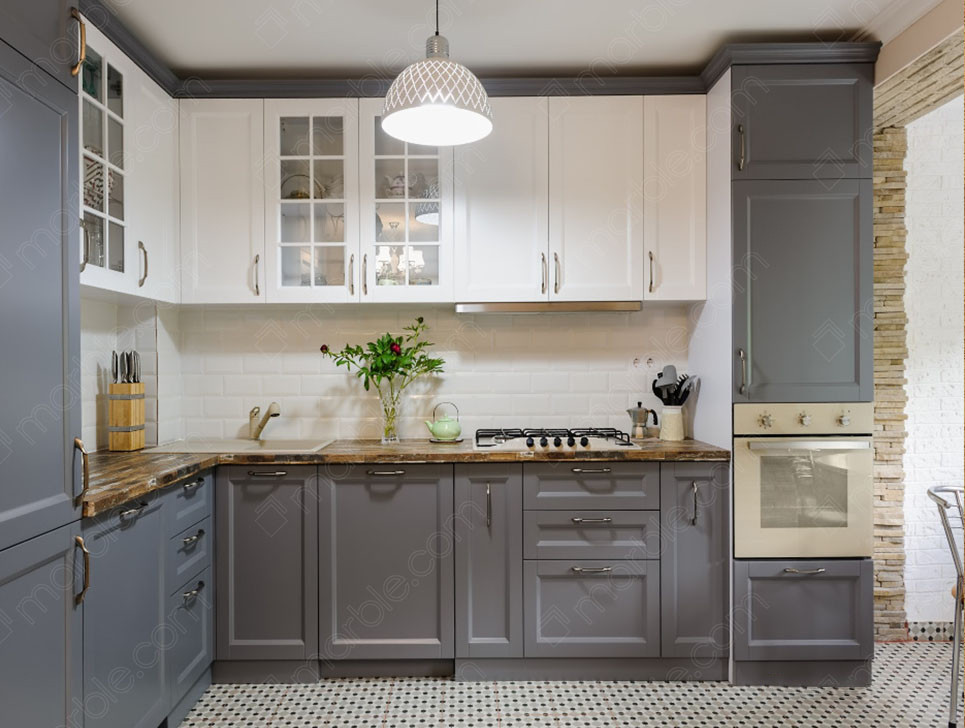
Common Mistakes to Avoid
Ignoring Maintenance Requirements: Neglecting proper maintenance and care for butcher block countertops can lead to premature wear, staining, and damage. Regularly oiling and sealing the wood surface helps protect against moisture and extends the lifespan of the countertop.
Not Considering Surrounding Décor: Failing to consider the existing kitchen décor and style when choosing butcher block countertops can result in a mismatched or uncoordinated aesthetic. Ensure the countertops complement other design elements, such as cabinetry, flooring, and appliances.
Skipping Professional Installation: While DIY installation can save money, it’s essential to assess your skills and capabilities realistically. Improper installation can lead to structural issues, uneven surfaces, and void warranties. Hiring experienced professionals ensures quality workmanship and peace of mind.
Overlooking Long-term Value: While butcher block countertops may require initial investment, they offer long-term value and durability. Consider the lifespan of the countertops and their impact on the overall resale value of the home when making purchasing decisions.
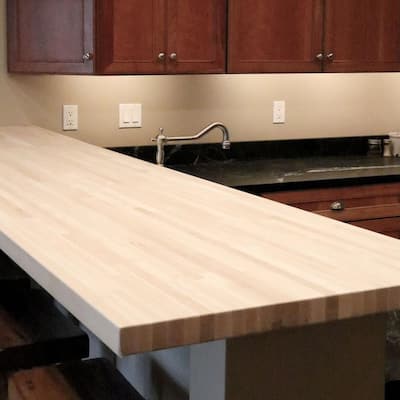
Are butcher block countertops suitable for heavy kitchen use?
Yes, butcher block countertops are highly durable and resilient, making them suitable for heavy kitchen use. Regular maintenance and proper care can help preserve their appearance and longevity.
Can butcher block countertops be refinished or repaired if damaged?
Yes, damaged butcher block countertops can often be sanded down and refinished to restore their appearance. Minor scratches, dents, or stains can be repaired using wood filler or sanding techniques.
Do butcher block countertops require special cleaning products?
While butcher block countertops can be cleaned using mild soap and water, it’s essential to avoid harsh chemicals or abrasive cleaners that can damage the wood surface. Mineral oil or beeswax can be applied periodically to maintain the wood’s luster and protect against moisture.
How often should butcher block countertops be oiled?
It’s recommended to oil butcher block countertops every 3 to 6 months, depending on usage and exposure to moisture. Applying a thin layer of food-grade mineral oil or butcher block conditioner helps nourish the wood and maintain its integrity.
Can butcher block countertops be used around sinks or in wet areas?
Yes, butcher block countertops can be used around sinks and in wet areas of the kitchen, but proper sealing and maintenance are crucial to prevent water damage and mold growth. Applying a waterproof sealant and wiping up spills promptly helps protect the wood surface from moisture infiltration.
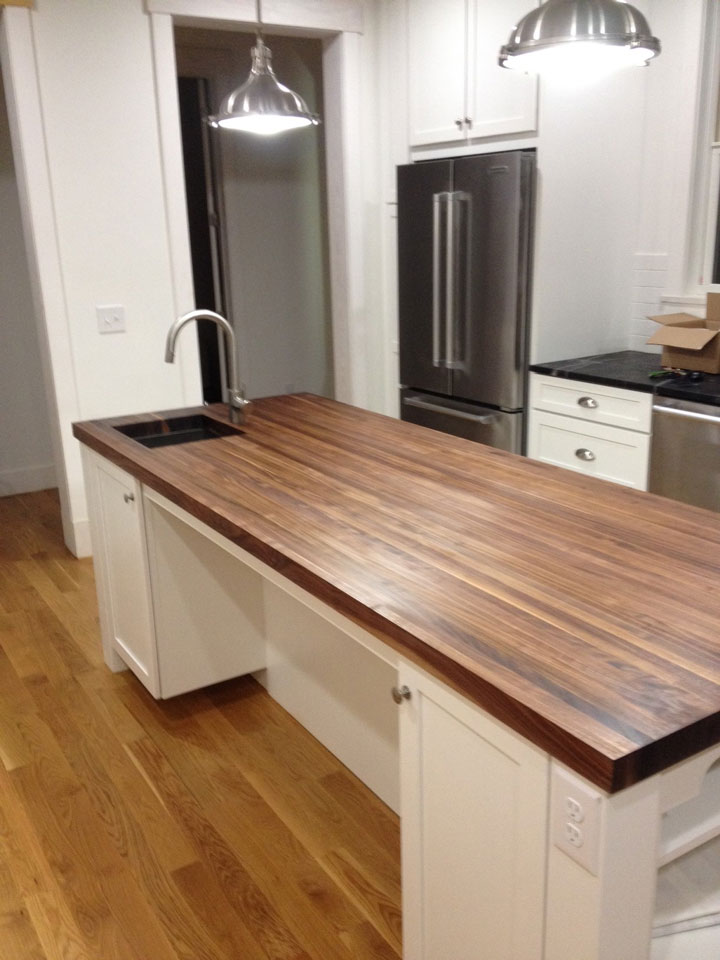
Cost of Butcher Block Countertops vs Granite Marble.com
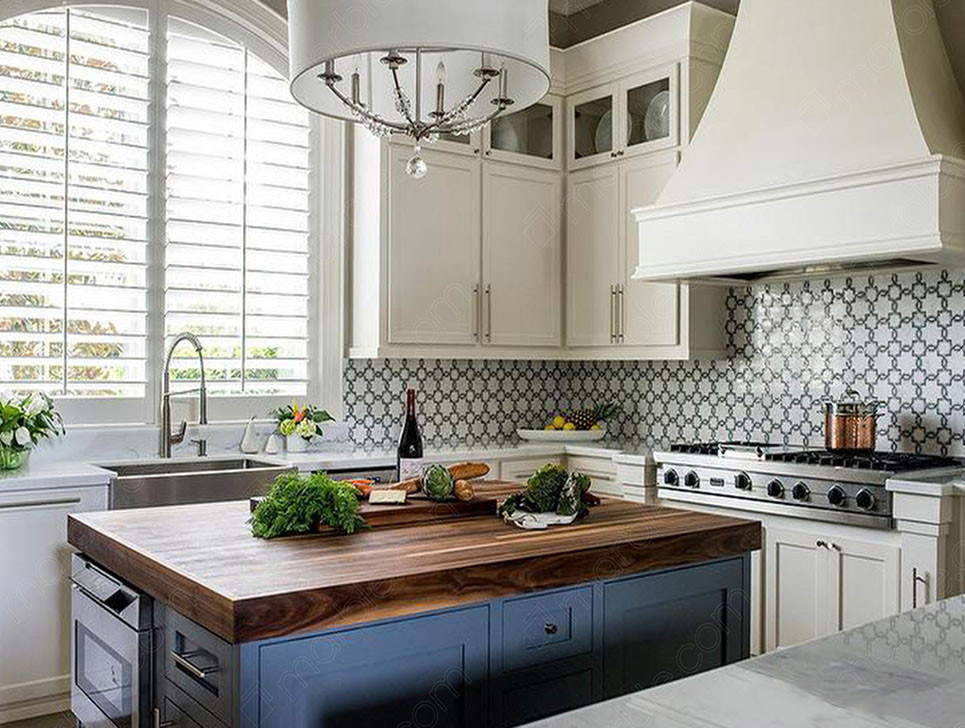
Handcrafted Butcher Block Countertops RealCraft

The Baltic Butcher Block 48-in x 24.96-in x 1.75-in Natural

Cost of Butcher Block Countertops vs Granite Marble.com
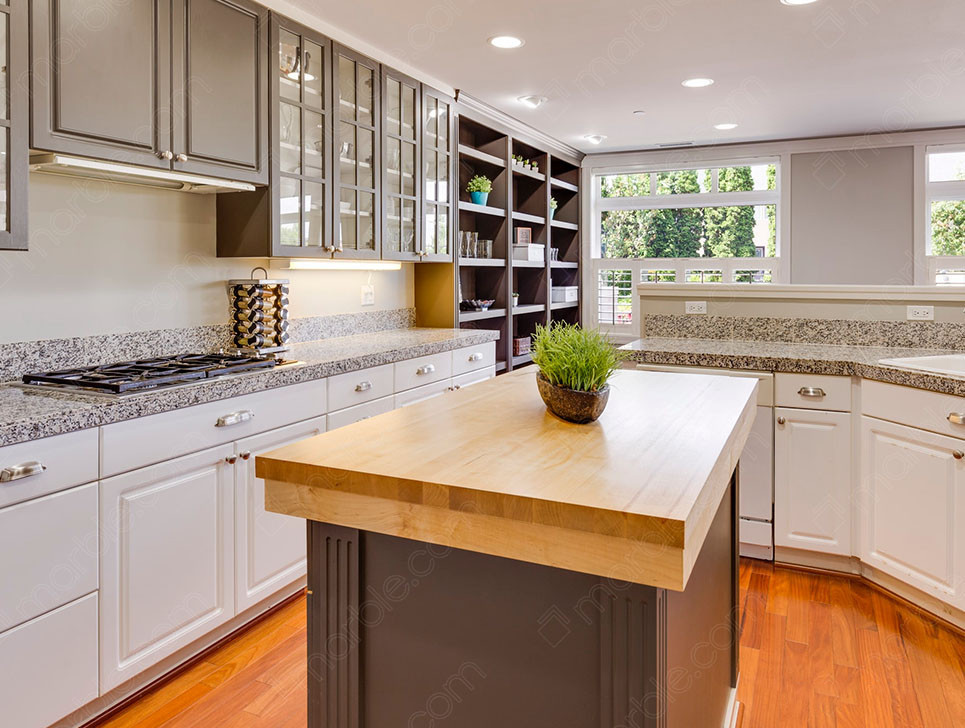
Related articles:
- Butcher Block Countertops With White Cabinets
- Pine Butcher Block Countertops
- Butcher Block Countertops Walnut
- Maple Butcher Block Countertops
- Care Of Butcher Block Countertop
- Butcher Block Countertops Maintenance
- Antique Butcher Block Countertops
- Butcher Block Countertop Sealing
- Wood Butcher Block Countertop
- Thick Butcher Block Countertop